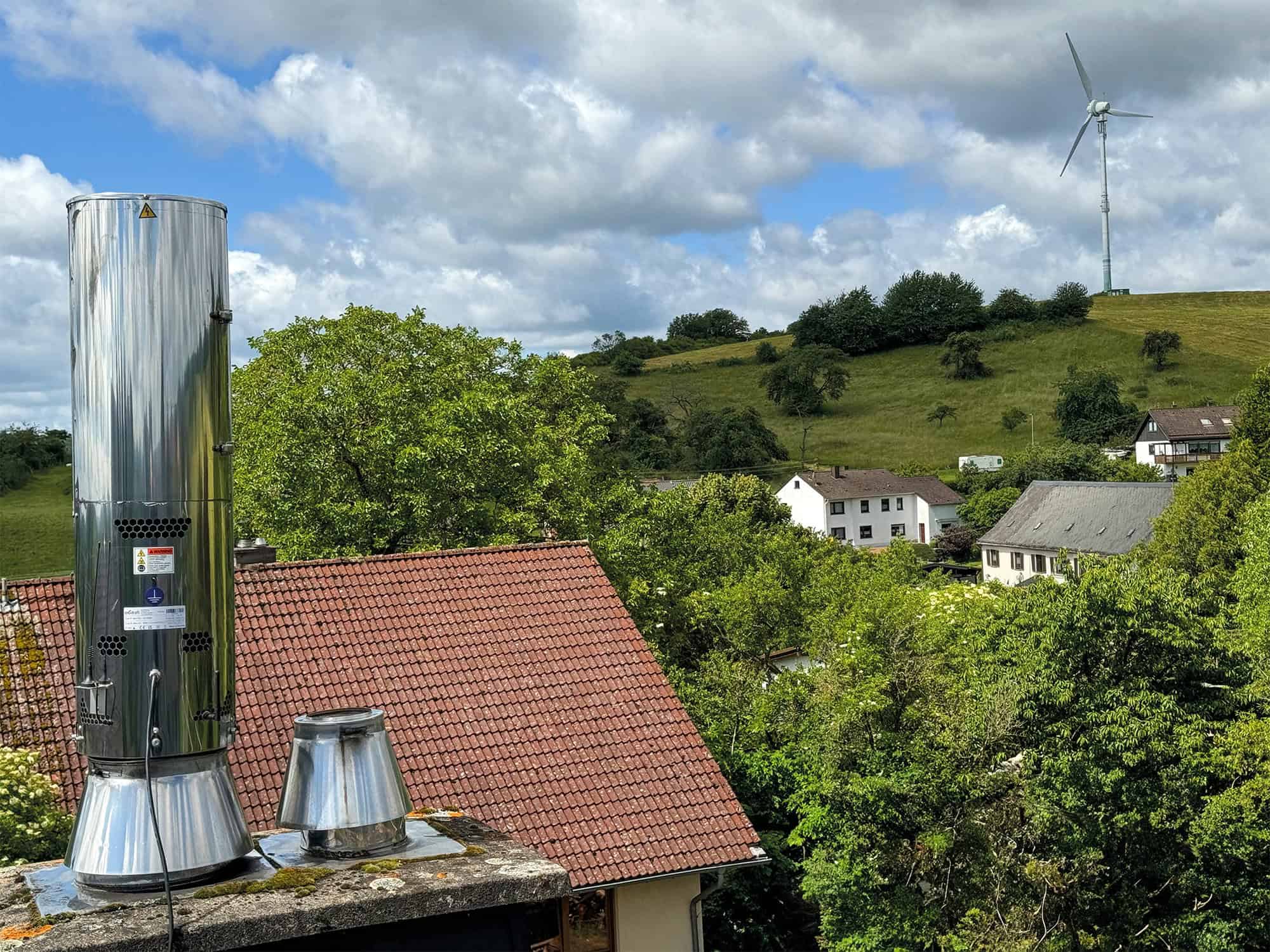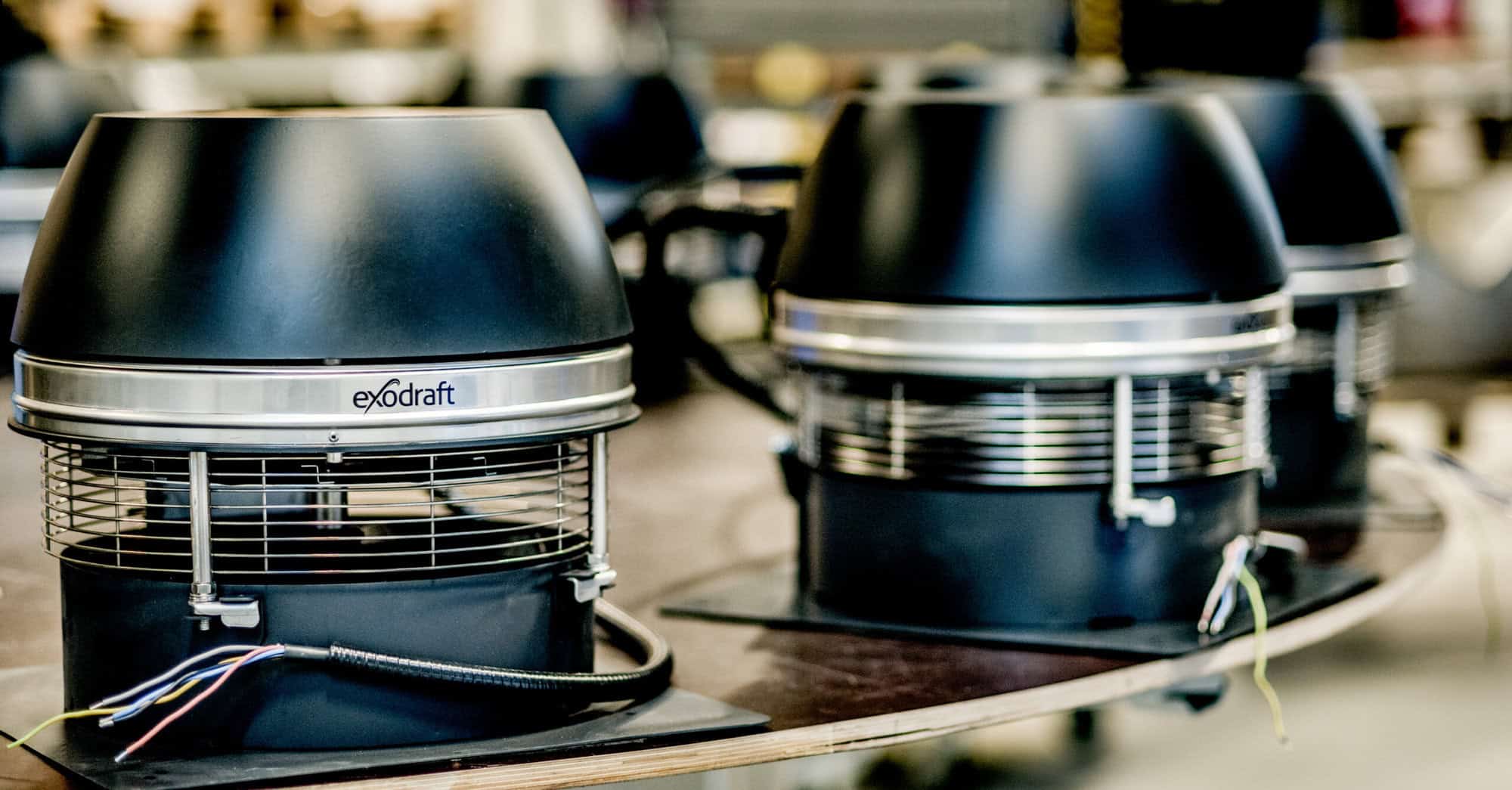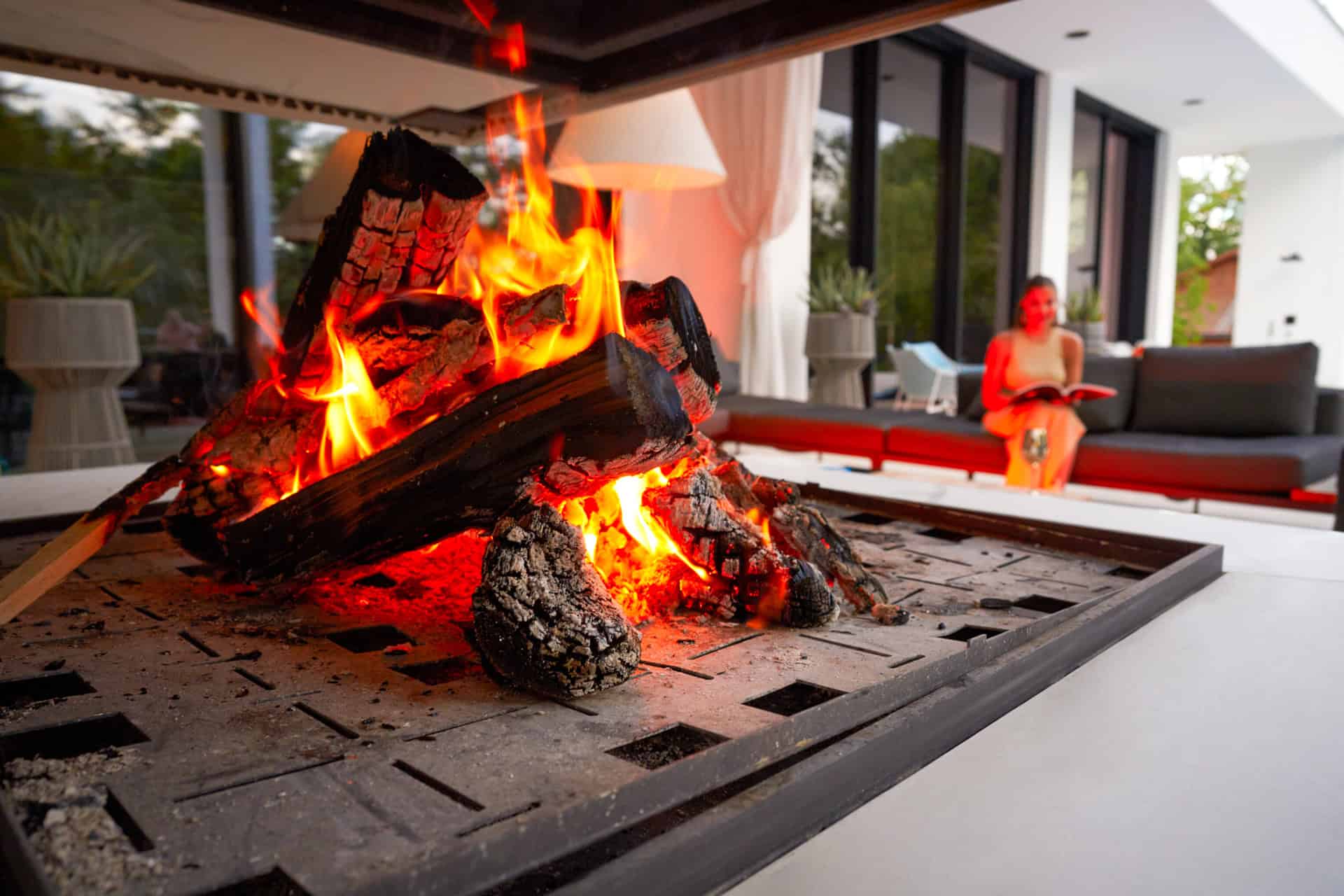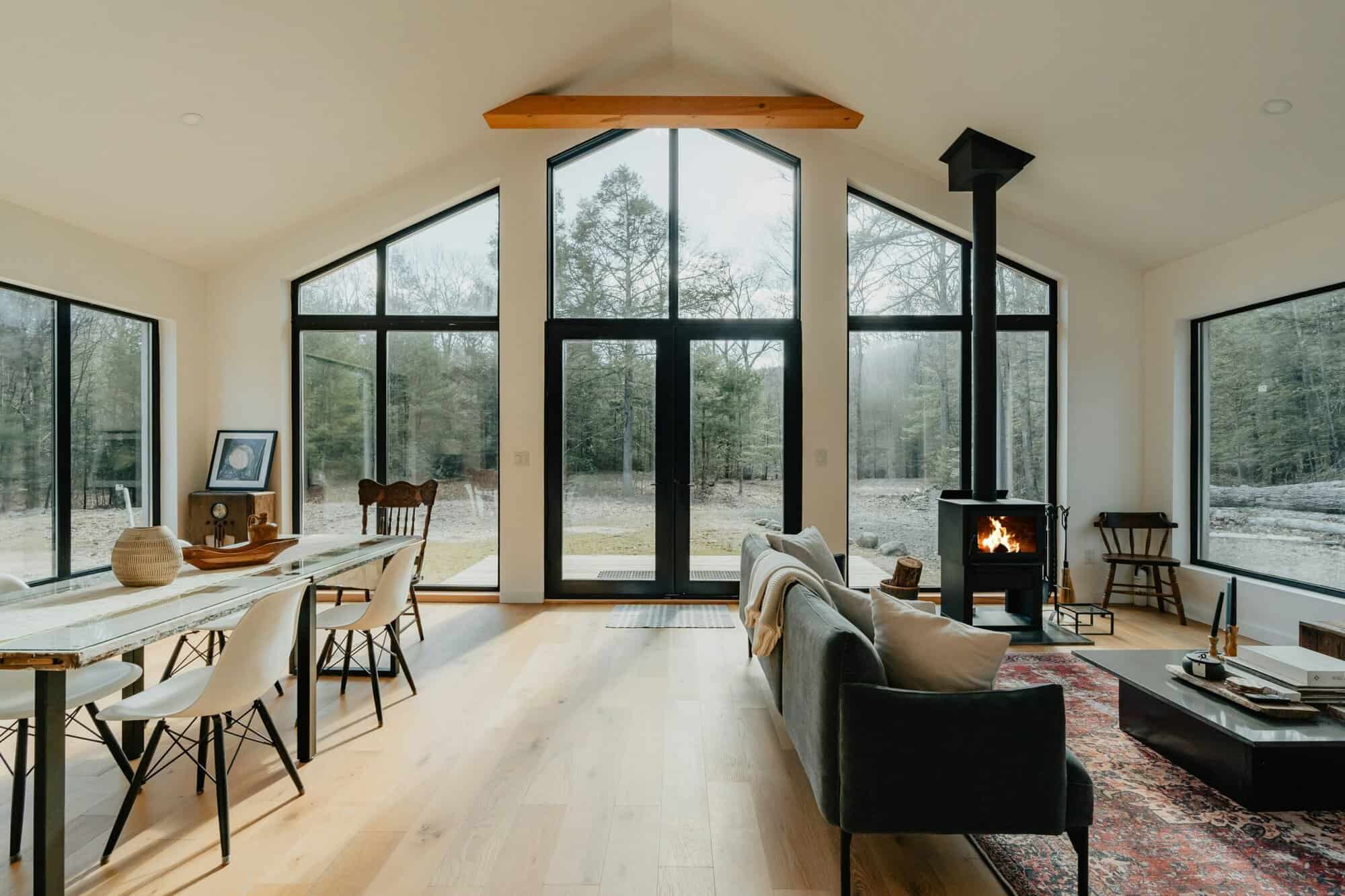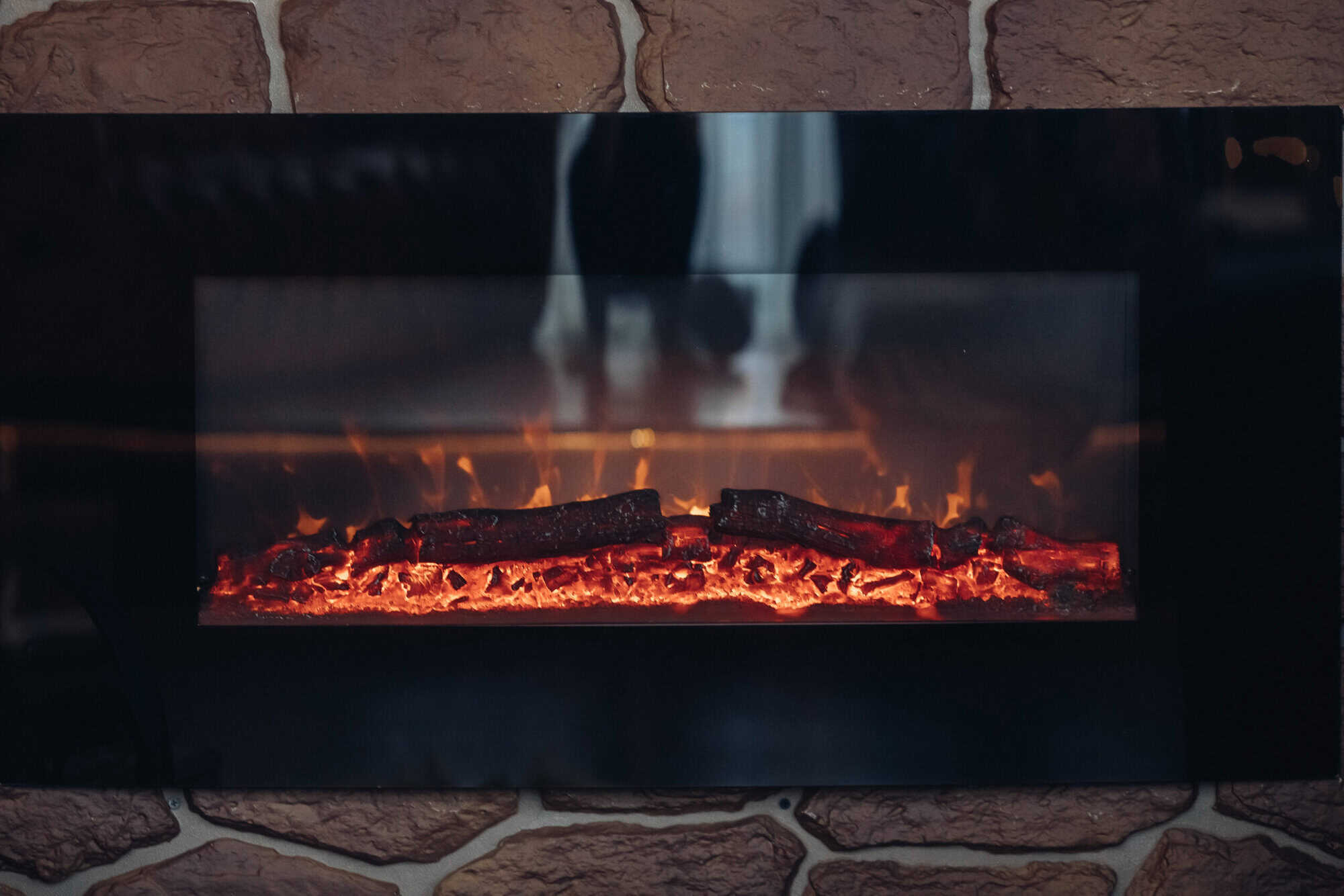Tips and tricks
26. juni 2025 · 5 min
What is the Most Economical Fuel for a Log Burner?
Choosing the right fuel for your log burner is crucial for both cost savings and heating efficiency. Many homeowners focus solely on the price per unit of fuel, but factors such as combustion efficiency, heat output, and chimney draft play a significant role in determining overall economy. Poor fuel choices can lead to excessive consumption,…

Choosing the right fuel for your log burner is crucial for both cost savings and heating efficiency. Many homeowners focus solely on the price per unit of fuel, but factors such as combustion efficiency, heat output, and chimney draft play a significant role in determining overall economy. Poor fuel choices can lead to excessive consumption, increased maintenance, and higher long-term costs.
The most economical fuel should provide the best balance between affordability, efficiency, and sustainability. But what fuel type offers the best value for money? And how can you maximise your log burner’s performance to reduce heating costs? Let’s explore the key factors that influence fuel economy and compare the most popular fuel options.
Why Does Combustion Quality and Chimney Draft Matter?
Many homeowners overlook the importance of combustion quality and chimney draft when assessing fuel economy. However, these two factors play a critical role in how efficiently a log burner operates and how much fuel is actually consumed.
A well-functioning log burner relies on optimal combustion, which occurs when fuel burns at high temperatures with sufficient oxygen. Poor combustion leads to incomplete burning, producing excess smoke, soot, and unburnt gases. This not only wastes fuel but also contributes to chimney buildup and air pollution.
Similarly, chimney draft—the natural airflow that pulls smoke and gases out of the burner—directly affects how well fuel burns. Insufficient draft results in sluggish combustion, causing smoke to linger inside the stove and reducing heat output. On the other hand, excessive draft can make the fire burn too fast, wasting fuel unnecessarily.
To maximise fuel efficiency, it’s essential to ensure proper ventilation and a well-maintained chimney. In some cases, installing a chimney fan can help stabilise airflow, ensuring a steady and controlled burn that gets the most heat out of every log.
How to Choose the Best Fuel for Your Log Burner
Selecting the right fuel for your log burner is about more than just price—it’s about efficiency, heat output, and long-term cost savings. The three most common fuel types for log burners are seasoned firewood, wood pellets, and briquettes. Each has its advantages and limitations when it comes to performance and affordability.
- Seasoned Firewood: Traditional firewood is a popular choice, but its efficiency depends heavily on its moisture content. Properly seasoned wood (with less than 20% moisture) burns hotter, produces less smoke, and generates more heat per log. However, if the wood is too damp, it leads to inefficient combustion, more soot buildup, and wasted energy. While often the cheapest option, it requires proper storage and drying time.
- Wood Pellets: Made from compressed sawdust, pellets offer consistent energy output and low emissions. They burn efficiently but require a specialised stove or burner, which adds an initial cost. Additionally, pellet supply and pricing can fluctuate, making them less predictable in terms of long-term economy.
- Briquettes: These compressed wood blocks burn longer and hotter than traditional logs due to their low moisture content. They are easy to store, produce minimal ash, and offer a high heat-to-cost ratio. While slightly more expensive per unit than firewood, their longer burn time makes them a cost-effective option for those seeking efficiency and convenience.
Ultimately, the best choice depends on your burning habits, storage capacity, and budget. However, seasoned hardwood logs and high-density briquettes tend to offer the best balance between affordability and efficiency, especially when combined with a well-functioning chimney system.
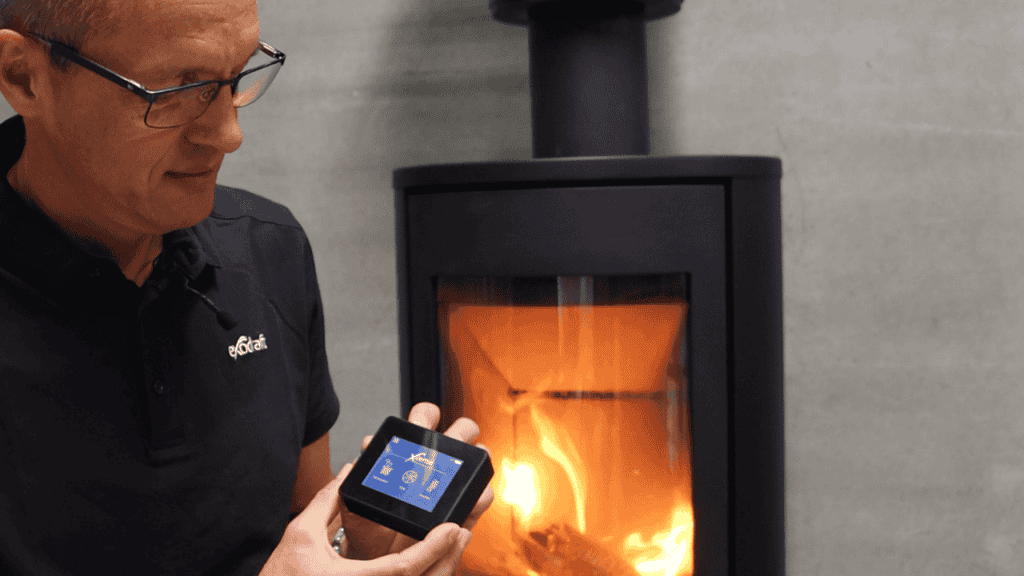
Maximising Efficiency and Savings
Choosing the most economical fuel for your log burner is not just about the upfront cost per log — it’s about maximising heat output, minimising waste, and ensuring efficient combustion. While different fuel types offer their own advantages, seasoned hardwood logs and high-density briquettes provide the best balance between affordability and performance.
To further optimise fuel efficiency and reduce consumption, proper combustion and a well-functioning chimney fan are essential. A stable chimney draft ensures that your fuel burns at the right temperature, preventing heat loss and unnecessary fuel waste.
By selecting the right fuel and maintaining optimal burning conditions, you can significantly lower your heating costs while enjoying a warm and cosy home all winter long.

exodraft

